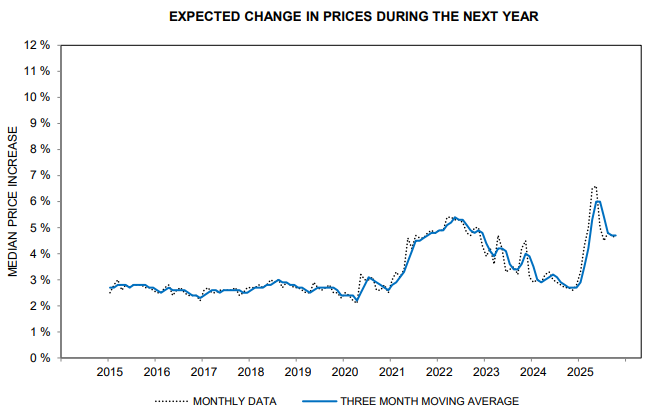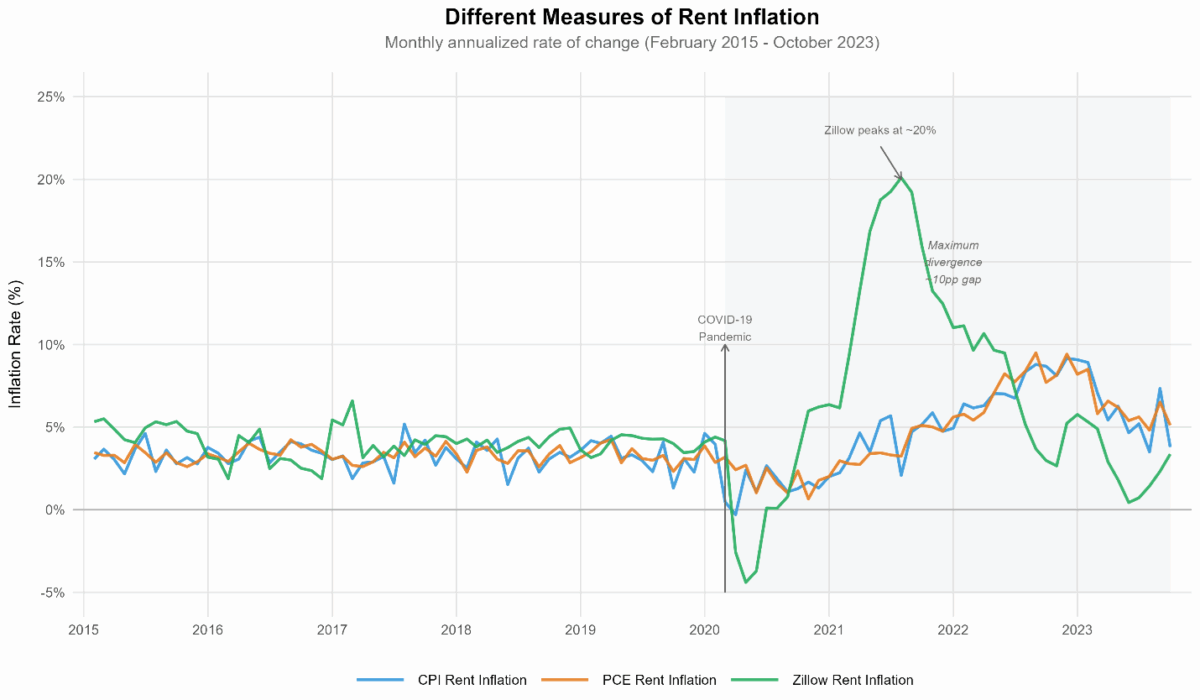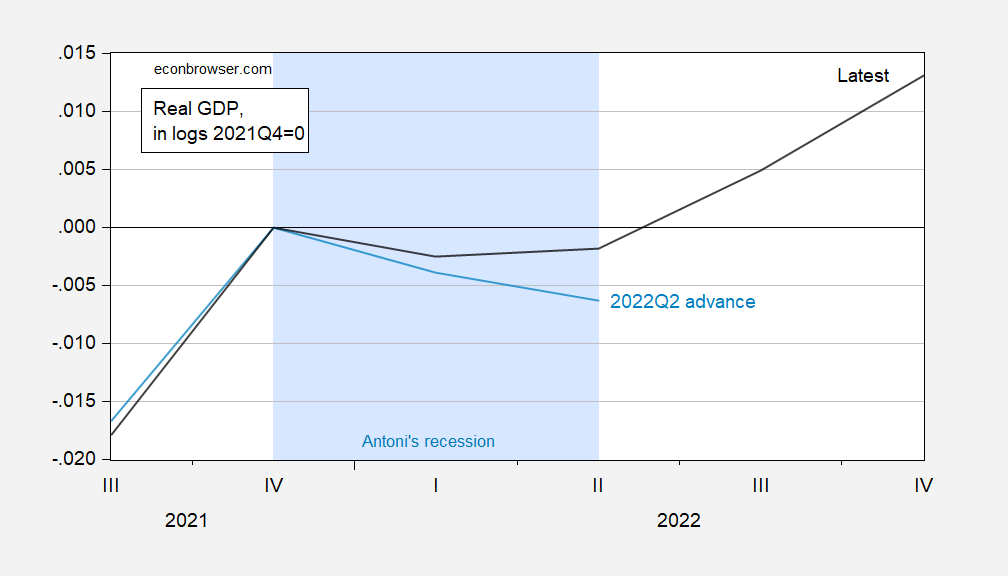
EJ Antoni’s recent commentary underscores a troubling trend in the manipulation of data and the dismissal of empirical evidence in economic discourse. With a penchant for discrediting research from the University of Michigan, Antoni’s claims raise significant questions about the integrity of his analysis and the motivations behind it. His latest tirade on social media, where he argues that the university’s inflation expectation data is “fake” due to alleged biases in respondent composition, reflects a broader pattern of disinformation that prioritizes partisan rhetoric over factual accuracy.
Antoni’s assertions hinge on the premise that the survey’s participant makeup skews toward Democrats, a claim he articulates with an alarming lack of nuance. He argues that the data’s reliability is compromised because of an imbalance in political affiliations among respondents. Yet, this interpretation overlooks the fundamental principle of statistical sampling: that variations in demographic responses are not inherently indicative of dishonesty or manipulation. Rather, they reflect the complex and often shifting landscape of political identity.
For those concerned with social justice and equality, Antoni’s rhetoric is not merely an academic debate but a manifestation of systemic inequities in how economic realities are communicated to the public. The implication that certain data sets are invalid because they don’t align with his partisan worldview is a dangerous game that undermines public trust in vital economic indicators. The insinuation that “Marxist profs” are tampering with academic research is not only unfounded but serves to delegitimize the voices of those advocating for accountability in economic reporting.
Antoni’s critique of the University of Michigan’s findings must be contextualized within the broader landscape of polling and survey methodologies. Political affiliation is inherently fluid, as acknowledged in the university’s own report, which indicates that about 20% of respondents change their self-identified party affiliation over time. This mirrors the dynamic nature of political engagement in contemporary society, where shifting economic sentiments can sway public opinion. To simplify these complex interactions into a narrative of partisan bias is, at best, intellectually lazy, and at worst, an intentional obfuscation designed to further a specific agenda.
Furthermore, the claim that the data’s integrity is compromised because Democrats outnumber Republicans in certain samples belies a fundamental misunderstanding of how polling works. If we were to apply Antoni’s logic uniformly, then the vast majority of polling data, which often reflects similar disparities, would be deemed “fake.” Such a stance not only demeans the scientific rigor of statistical analysis but also risks eroding the bedrock of informed democratic discourse.
The reality is that the fluctuating perceptions of economic conditions among varying political affiliations are reflective of deeper societal issues. As economic hardship looms large, we must consider the implications of Antoni’s rhetoric. A reduction in Republican identification, as seen in the April data, isn’t merely a statistical anomaly; it is indicative of a broader discontent with the prevailing economic policies that have disproportionately affected marginalized communities. The voices of those experiencing economic disenfranchisement must not be overshadowed by partisan squabbles.
Moreover, the dismissive tone toward Joanne Hsu, the report’s author, reveals a troubling pattern of personal attacks aimed at undermining credible expertise. Labeling her as a “Marxist” without substantiated evidence is not just an affront to her professional integrity; it reflects a broader trend in which individuals challenging the status quo are met with ad hominem attacks rather than substantive engagement with their findings. This is a tactic employed by those in power to deflect attention from the real issues at hand—namely, the growing economic inequality and the need for systemic reform.
In closing, it is essential to challenge the narrative that data can be dismissed simply because it contradicts one’s ideological beliefs. The pursuit of truth must prevail over partisan interests; economic data should serve as a mirror reflecting society’s realities, not a weapon to be wielded against those advocating for change. As we navigate these tumultuous economic waters, let us hold ourselves accountable to the principles of transparency, integrity, and inclusivity that are fundamental to the fight for social justice and equality. The rhetoric of discrediting valid research is not only irresponsible but also detrimental to the progress we strive to achieve. It is time to demand accountability from those who seek to manipulate data for their gain, and to elevate the voices of those advocating for a more equitable society.
This article highlights the importance of ANTONI’S DISTORTIONS EXPOSED.


